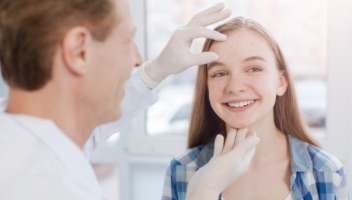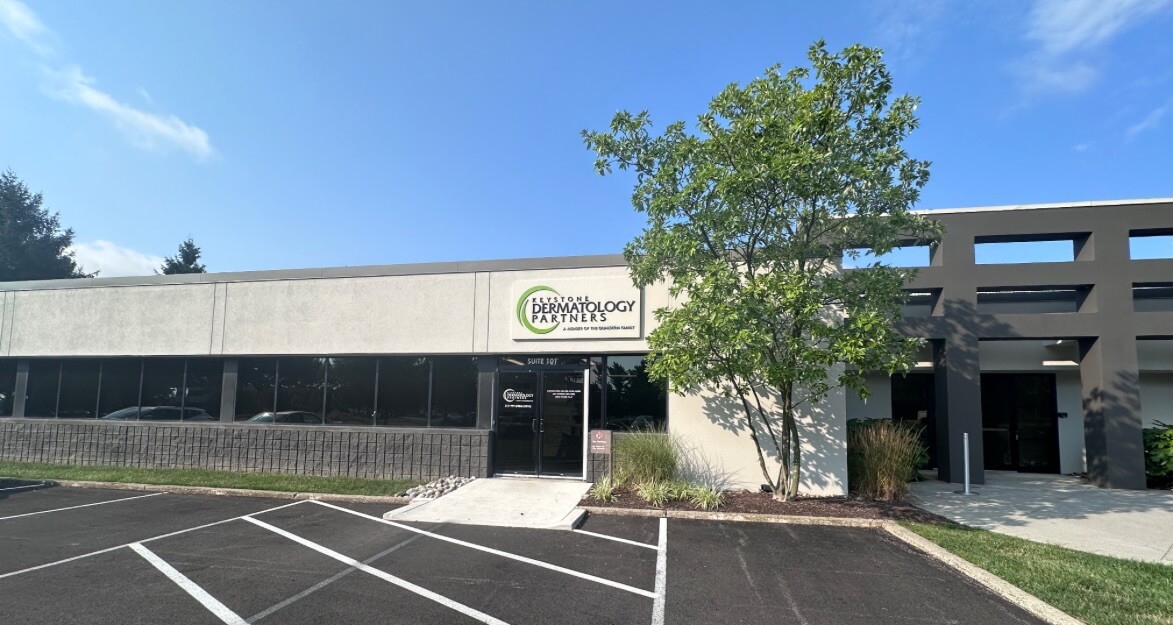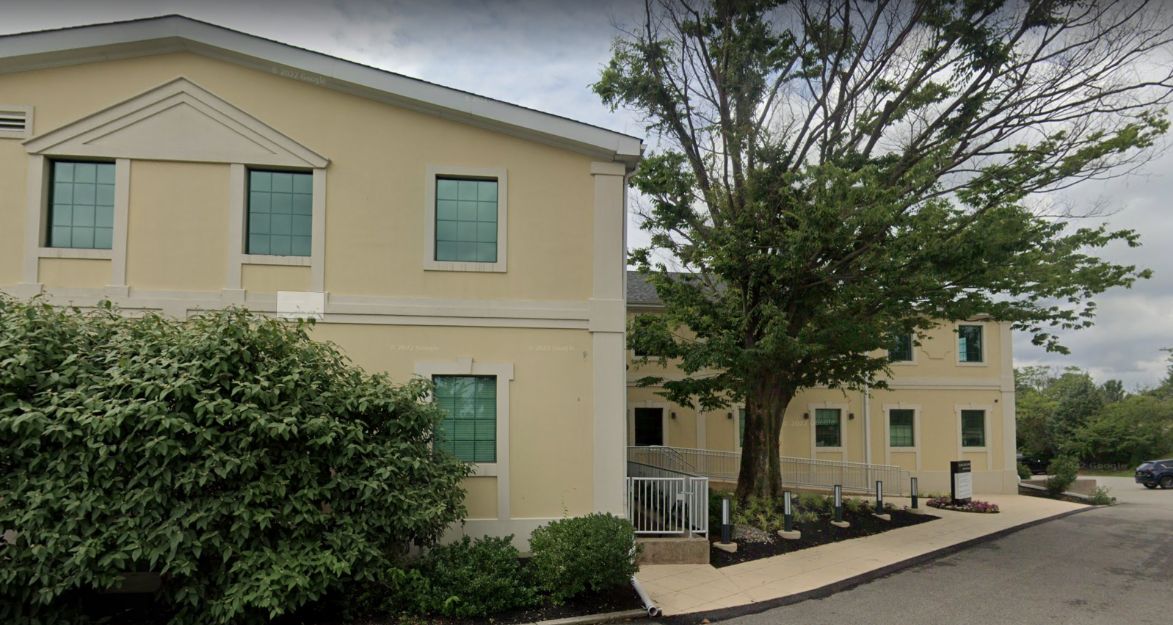Acne Scarring: Prevention and Treatment Options
How to Prevent and Address Acne Scarring Effectively
 Acne is more than just a cosmetic concern; it can leave behind lasting marks that affect your confidence and skin health. Acne scarring occurs when the skin heals improperly after an acne breakout, resulting in varying degrees of pigmentation and texture issues. Fortunately, there are several strategies for preventing and treating acne scars to help you achieve smoother, clearer skin. In this blog, we’ll explore effective prevention methods and treatment options to tackle acne scarring.
Acne is more than just a cosmetic concern; it can leave behind lasting marks that affect your confidence and skin health. Acne scarring occurs when the skin heals improperly after an acne breakout, resulting in varying degrees of pigmentation and texture issues. Fortunately, there are several strategies for preventing and treating acne scars to help you achieve smoother, clearer skin. In this blog, we’ll explore effective prevention methods and treatment options to tackle acne scarring.
Prevention Strategies
1. Avoid Picking or Squeezing Pimples
One of the most important steps in preventing acne scarring is to avoid picking, squeezing, or popping pimples. These actions can cause further irritation and increase the risk of scarring. Instead, focus on proper skincare and let your body heal naturally.
2. Use Non-Comedogenic Products
Choosing the right skincare products can help prevent acne from worsening and reduce the likelihood of scarring. Opt for non-comedogenic (non-pore-clogging) products that are less likely to cause breakouts. Look for formulas designed for sensitive or acne-prone skin to minimize irritation.
3. Protect Your Skin from the Sun
Sun exposure can exacerbate acne scars by causing further discoloration and slowing the healing process. Always apply sunscreen with a broad-spectrum SPF of 30 or higher to protect your skin from harmful UV rays. This is especially important for areas affected by acne scars.
4. Follow a Consistent Skincare Routine
A regular skincare routine that includes cleansing, exfoliating, and moisturizing can help prevent new breakouts and reduce the risk of scarring. Use gentle exfoliants to remove dead skin cells and promote cell turnover, which can help improve the appearance of existing scars over time.
From Our QualDerm Family of Brands: Acne Treatment Options
Treatment Options
1. Topical Treatments
Several topical treatments can help reduce the appearance of acne scars. Products containing ingredients like retinoids, vitamin C, and hyaluronic acid can improve skin texture and fade hyperpigmentation. Consult with a dermatologist to find the best topical treatment for your specific needs.
2. Chemical Peels
Chemical peels involve applying a chemical solution to the skin to exfoliate and remove damaged layers. This process can improve skin texture and reduce the appearance of acne scars. There are different types of peels, ranging from superficial to deep, depending on the severity of the scarring.
3. Microneedling
Microneedling is a minimally invasive procedure that involves using fine needles to create tiny punctures in the skin. This stimulates the body’s natural healing process and promotes collagen production, which can improve the appearance of acne scars. Multiple sessions may be needed for optimal results.
4. Laser Therapy
Laser therapy uses focused light to target and break down scar tissue. It can be effective in reducing the visibility of acne scars and improving overall skin texture. Different types of lasers are used depending on the type and severity of the scarring.
Schedule Your Appointment with Keystone Dermatology
Managing acne scars requires a combination of prevention and treatment strategies. At Keystone Dermatology, our team of experts can provide personalized advice and effective treatments to help you achieve smoother, clearer skin.
If you’re struggling with acne scars or need guidance on the best treatment options for your skin, schedule an appointment with us today. Let us help you take the next step towards a more confident you.

Schedule Your Acne Appointment at Keystone Dermatology Partners
Achieving clear, smooth skin is possible with the right approach. Start your journey with Keystone Dermatology and take control of your skin health today.
Related Blogs

- General Dermatology
- Skin Care
Read this blog to explore the connection between chocolate consumption and acne.
Read More
- General Dermatology
- Skin Care
Discover effective acne treatments, from OTC solutions to professional procedures, and find the right option for you at Keystone Dermatology Partners.
Read More
- General Dermatology
- Skin Care
- Chronic Skin Conditions
Understanding the different types of acne and their treatments can help you manage and improve your skin health effectively.
Read More


